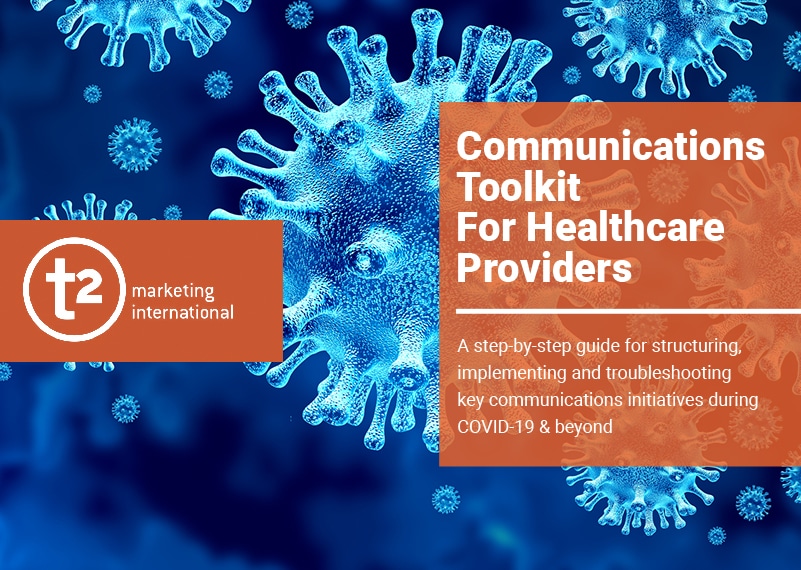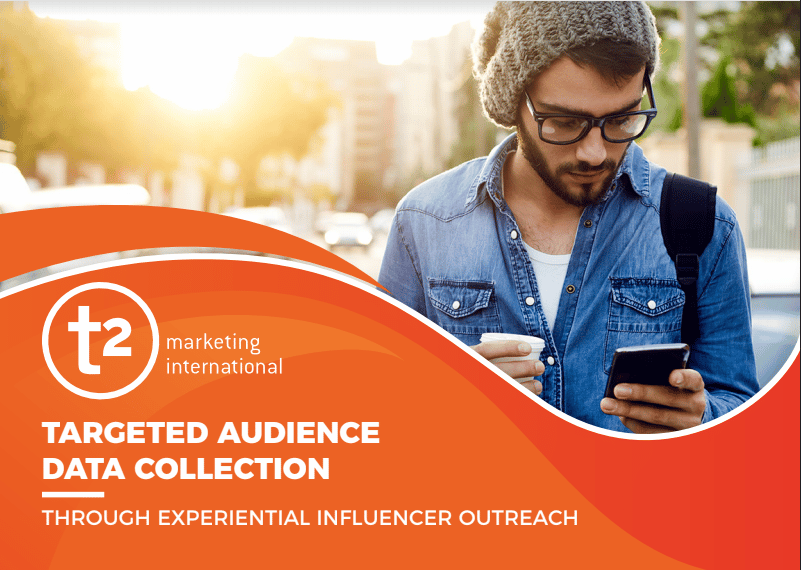LinkedIn Tips: Maximize Your LinkedIn Company Page
Having a LinkedIn company page is a great place to connect with professionals. But to optimize your return on the time spent on LinkedIn, you should optimize your company page first.
Optimizing your LinkedIn company page should be approached from two avenues. First, you should be optimizing all of the sections at your avail in order to showcase as much as possible about your company. Second, you should be taking advantage of the SEO capabilities offered on a LinkedIn company page in order to increase your brand’s exposure on search engines.
Below is a set of tips that should help you do both of these things and get the most out of your LinkedIn company page.
1. Fill Out Every Section
Contrary to a Facebook brand page, which has a limited number of tabs from which to work when you first get started, a LinkedIn company page provides you with tabs for a corporate overview, careers offered at the company and products and services you offer. Where there is a little bit of a downside is that a LinkedIn company page is essentially a WYSIWYG (What You See Is What You Get) platform. There is little in the way of add-ons when it comes to a LinkedIn company page. But that’s ok! There is plenty you can take advantage of on the basic page layout.
First, you will want to fill out every section on the page. Add your logos and banners and, more importantly, link them to your site! Add your headquarters and phone numbers. Boast all of your specialties and link your most lucrative groups. Every little bit you can add to your LinkedIn company page shows that much more about your company. And the more transparent you are, the easier it will be for visitors to see your expertise and why your company is the best one for the job.
This also applies to your products and services. Your banners should link to your website. And you should definitely have banners on each page! There is not much in the way of creative leeway on a LinkedIn company page, and this is one of the few areas where you can showcase your brand visually. So take advantage of it.
2. Link Everything!
This ties in closely with your SEO efforts through LinkedIn as well. You will want to link every one of your external profiles and employees to your LinkedIn company page in order to increase your exposure. While having a LinkedIn company page is all well and and good, if it is simply relegated to the annals of the 200 million-person social network, it is not doing you much good. If, however, it is linked to your profile, all of your employees’ profiles, your website and all of your other social networks, then you stand a much better chance of having your company found.
Take advantage of the sections on your LinkedIn company pages where you can link something- be it a website, a blog article, an employee or a social network.
3. Optimize Your LinkedIn Company Page for SEO
Here is where you can use your LinkedIn company page to really drive traffic and get found. SEO is still one of the best ways to get your name out there, and there are quite a few tips and tricks you can use to reap the benefits of SEO through LinkedIn.
First, we reiterate the previous point: make sure to link your banners and sections. Links are still the best way to increase your SERPs (search engine ranking positions) and there are plenty of areas on a LinkedIn company page that can help you do this.
Second, encourage your staff to add anchor text to both the company page and their own profiles. Anchor text is another huge asset when it comes to SEO, and there are plenty of areas where links can be designed as anchor text on your page.
Third, recommendations are a great way to boost your page’s rankings. The recommendations feature on LinkedIn is great for both showcasing your skills and getting found. The skills and areas of expertise you insert into your profile and page should be written in the form of meta tags, and for each recommendation your page increases in authority. The greater your authority, the higher your rankings. So remember to go out and ask for recommendations from your network – these will help with your SEO on LinkedIn.
Lastly, update your page regularly with news and content. Whether it is sharing articles or brief synopses of your blog posts with links, anything you add to your page will help with your SEO. Your LinkedIn feed is like a pseudo blog within the social network, so take advantage of this feature and post content whenever you can in order to reap the benefits that come with it.
How do you use LinkedIn for your business? Do you already employ any of these tips for SEO when it comes to your LinkedIn company page? Tell us in the comments below or on Twitter!




 Facebook
Facebook There are over half a billion registered accounts on Twitter but only 140 million active users.
There are over half a billion registered accounts on Twitter but only 140 million active users.




